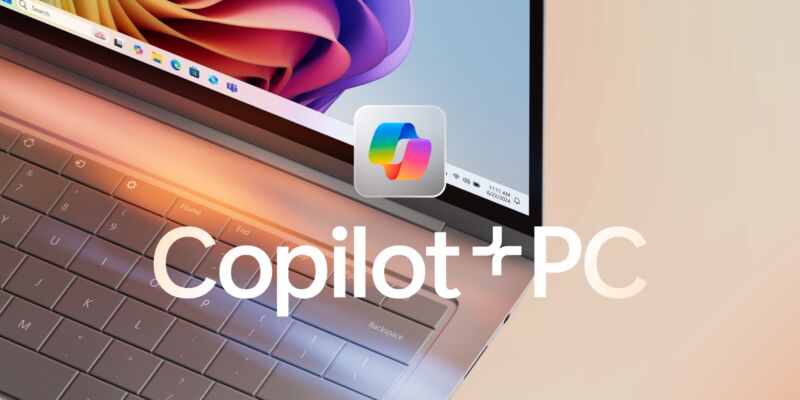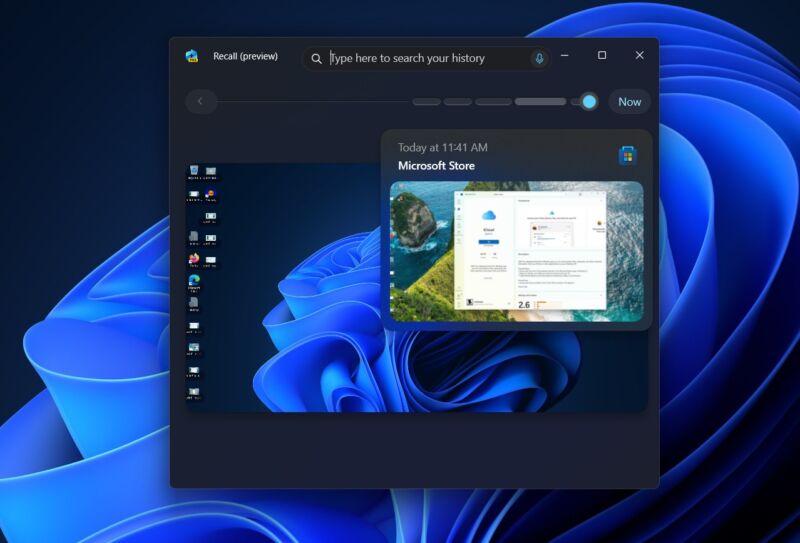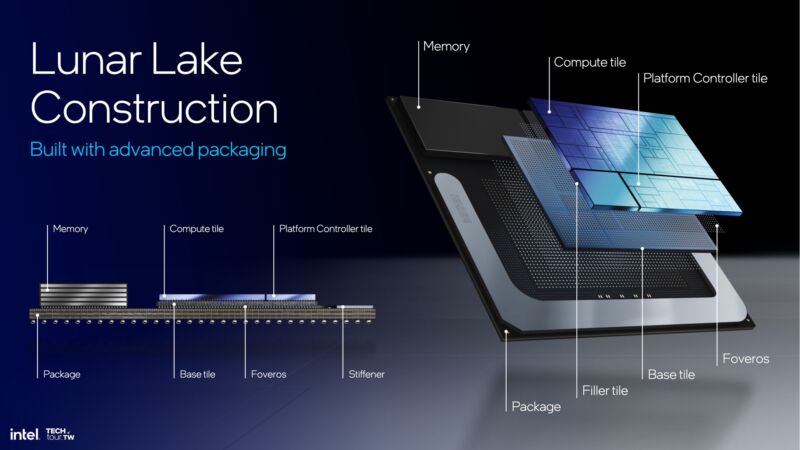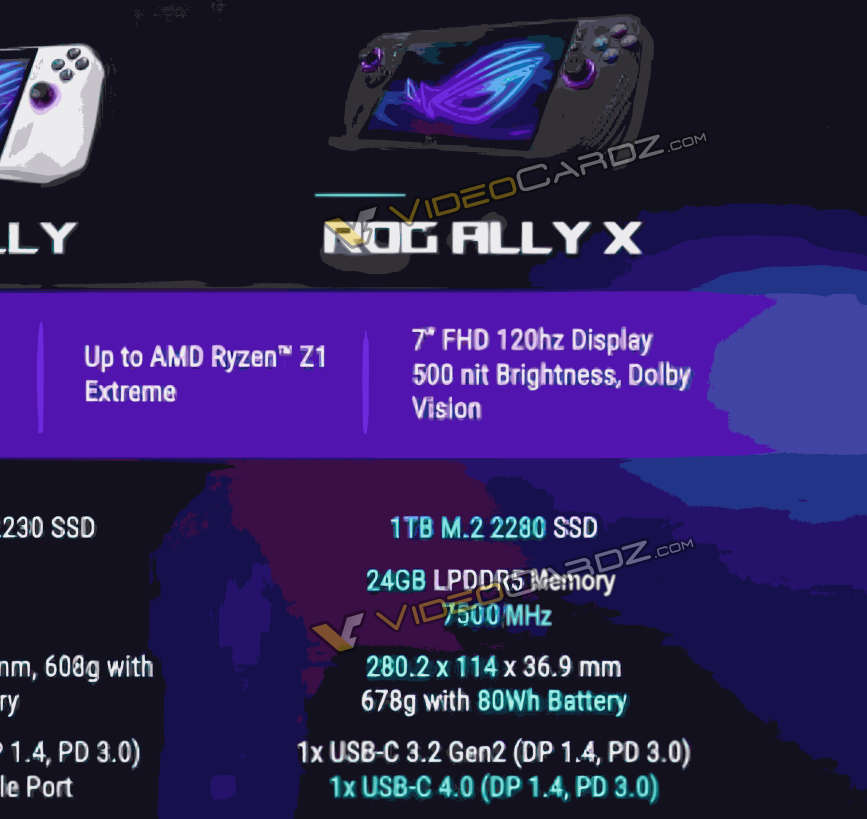Microsoft delays Recall again, won’t debut it with new Copilot+ PCs after all

Enlarge / Recall is part of Microsoft's Copilot+ PC program. (credit: Microsoft)
Microsoft will be delaying its controversial Recall feature again, according to an updated blog post by Windows and Devices VP Pavan Davuluri. And when the feature does return "in the coming weeks," Davuluri writes, it will be as a preview available to PCs in the Windows Insider Program, the same public testing and validation pipeline that all other Windows features usually go through before being released to the general populace.
Recall is a new Windows 11 AI feature that will be available on PCs that meet the company's requirements for its "Copilot+ PC" program. Copilot+ PCs need at least 16GB of RAM, 256GB of storage, and a neural processing unit (NPU) capable of at least 40 trillion operations per second (TOPS). The first (and for a few months, only) PCs that will meet this requirement are all using Qualcomm's Snapdragon X Plus and X Elite Arm chips, with compatible Intel and AMD processors following later this year. Copilot+ PCs ship with other generative AI features, too, but Recall's widely publicized security problems have sucked most of the oxygen out of the room so far.
The Windows Insider preview of Recall will still require a PC that meets the Copilot+ requirements, though third-party scripts may be able to turn on Recall for PCs without the necessary hardware. We'll know more when Recall makes its reappearance.



